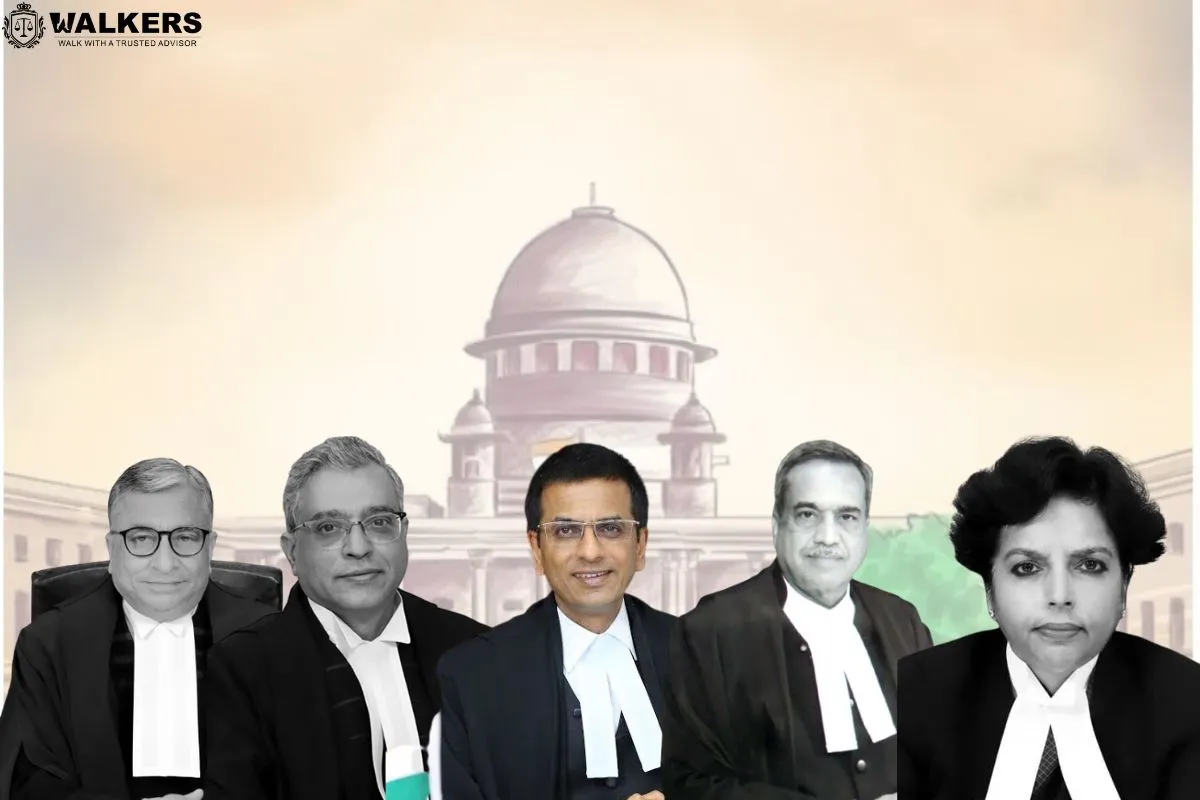


The recent Supreme Court verdict on the Maharashtra political crisis of 2022 has drawn criticism from some quarters for not having any immediate impact on the situation. While the court acknowledged the illegality in the actions of the former Governor, which led to the formation of the Shinde government, no concrete changes were made on the ground.
However, the judgment did have a practical implication for the pending disqualification of members of the legislative assembly belonging to Shiv Sena's Eknath Shinde and Uddhav Thackeray factions. The court directed the Speaker of the Legislative Assembly, Rahul Narwekar, to decide on the disqualification petitions within a reasonable period, providing him with a set of factors to consider in the process.
Narwekar, who is currently in London, will likely begin the hearing on the disqualification petitions in due course. This development has been seen as a significant step towards resolving the political crisis in Maharashtra and restoring the state's political stability.
Disqualification proceedings
In the current case, the disqualification petitions against members of the Shiv Sena's Eknath Shinde and Uddhav Thackeray factions are based on the allegation that they did not comply with the Chief Whip's order, which is responsible for ensuring the party's participation in parliamentary business.
However, the members have certain defences that they can use to justify their actions and avoid disqualification. The Speaker is bound to consider these defences, which are provided for in the tenth schedule of the Constitution.
One such safeguard against disqualification is when a 'defection' occurs due to a merger between parties, and two-thirds of the members of the legislature party agree to the merger with another party. The other safeguard is when members of the party do not agree to such a merger and choose to function as a separate group.
The factions involved can take advantage of these defences, and if the members are unable to establish any of them, they would stand disqualified. The Speaker's decision on the disqualification petitions is crucial in determining the political landscape of Maharashtra, and it remains to be seen how the hearings will play out.
Defence of 'split' no longer available
The deleted paragraph 3 of the tenth schedule of the Constitution provided a defence for defectors if one-third of the members of a political party formed a separate group due to a 'split' in the original party. However, this defence is no longer available after the deletion of the paragraph in 2003.
This deletion was considered by the Supreme Court in its May 11 judgment, which had important implications for the factions of Shiv Sena involved in the case. Both factions claimed to be the "real" Shiv Sena, pointing to the existence of a split within the party's Legislative Party.
However, the Court held that the deletion of paragraph 3 meant that the 'defence of a split' was no longer available to members facing disqualification proceedings for defection. This means that neither faction can argue before the Speaker, Rahul Narwekar, that they constitute the original political party.
It is noteworthy that the Shinde government has consistently maintained that the tenth schedule does not apply to them. They have argued that intra-party dissent cannot be termed as defection, and that the schedule cannot be used to stifle such dissent amongst members of the same political party.
Narwekar, in an interview, stated that none of the members of the party had made any representation to him about the split. Therefore, he could not have taken the split on record. The decision of the Speaker on the pending disqualification petitions will be crucial in determining the fate of the members involved and the political landscape of Maharashtra.
Determination of ‘real’ Shiv Sena
In addition to calling on the speaker to decide on the disqualification petitions, the Supreme Court also directed the speaker to determine the actual political party amidst the factions.
However, the court made it clear that the speaker should not rely on the Election Commission's decision on the allocation of the Shiv Sena symbol to Shinde's faction in the process.
The court emphasized that any decision made based on the ECI's decision would have a retrospective effect and would therefore be unlawful.
The court directed the speaker to consider the party constitution, which specifies the party's leadership structure, to determine the actual political party.
If rival groups submit different versions of the party constitution, the speaker should consider the version that was submitted to the ECI before the emergence of the rival factions.
However, this may be complicated in this particular case since both factions made rival submissions to the ECI.
The court urged the speaker not to base his decision solely on the majority in the legislative assembly, but also to consider the party's leadership structure outside the assembly.
Recognize one whip for the party
According to the Supreme Court, the disqualification proceedings would hinge on the recognition of one of the two whips of the political party factions. When two factions have their respective whips, the Speaker is obligated to recognize only one of them.
The apex court emphasized that the Speaker's decision to recognize Bharat Gogavale as the Chief Whip of Shiv Sena was illegal since the speaker failed to verify whether Gogavale's appointment as a whip was a decision of the political party and not just the legislative party.
Therefore, it is now up to the Speaker to decide on the disqualification petitions. However, this decision might not be the end of the Maharashtra political crisis. The ruling could result in more legal battles in the future.
Click Here to: Download/View Related File
TAGS: Maharashtra political drama Shiv Sena disqualification Constitution Speaker factions split tenth schedule defectors merger safeguards Supreme Court judgment Election Commission of India symbol Constitution Bench whips leadership Bharat Gogavale court battles.